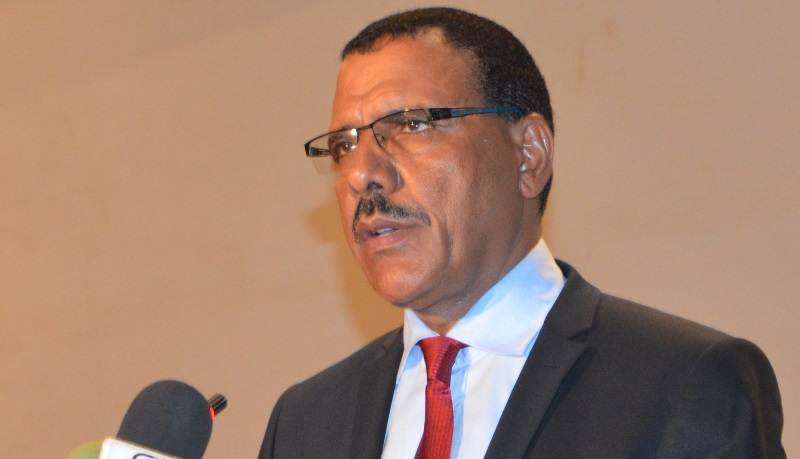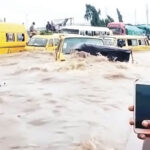Niger Republic’s newly-elected president, Mohamed Bazoum, hit out at “terrorist groups whose barbarity has exceeded every limit” after taking the helm Friday of a country struggling with two jihadist insurgencies.
These groups “carry out large-scale massacres of innocent civilians, and in doing so, commit real war crimes,” Bazoum declared.
- Why NDLEA wants drug test for politicians, students -Marwa
- Nigerian Billionaires to converge on Aso Rock for Aisha Buhari’s book launch
The leaders of these groups “are from other countries,” he said, adding that Niger was being attacked without any cause.
“No terrorist leader has ever formulated any grievance against our state,” he said.
Bazoum, 61, was elected in a two-round vote in December and February.
He was previously right-hand man to Mahamadou Issoufou, 68, who has voluntarily stepped down after two five-year terms.
His inauguration marks the first handover between elected leaders in Niger’s 60-year post-independence history, but jihadist attacks and an alleged attempted coup have overshadowed ceremonies.
Niger is being hit by insurgents linked to Al-Qaeda or the so-called Islamic State (IS), crossing from Mali and Burkina Faso in the west, and by Boko Haram, crossing from Nigeria in the southeast.
More than 300 people have been killed in three attacks in the west since the start of the year.
In the most recent of these, 141 members of the Tuareg community were massacred on March 21 in Tahoua, a vast desert region abutting Mali.
Bazoum said Niger’s diplomatic efforts under his presidency “will be centred on Mali.”
“The current situation in Mali has a direct impact on domestic security in our country,” he said.
IS-linked insurgents are based in Menaka and Gao, in eastern and central Mali respectively, said Bazoum.
Combatting them “will be very difficult so long as the Malian state does not exercise full sovereignty over these regions,” he said.
In the early hours of Wednesday, after gunfire broke out near the presidency in the capital Niamey, the government announced an “attempted coup” had been thwarted.
It described this as a “cowardly and regressive act which sought to threaten democracy and the state of law”.
The West African nation has suffered four coups in its history, most recently a February 2010 putsch that toppled then-president Mamadou Tandja. (AFP)

 Join Daily Trust WhatsApp Community For Quick Access To News and Happenings Around You.
Join Daily Trust WhatsApp Community For Quick Access To News and Happenings Around You.


